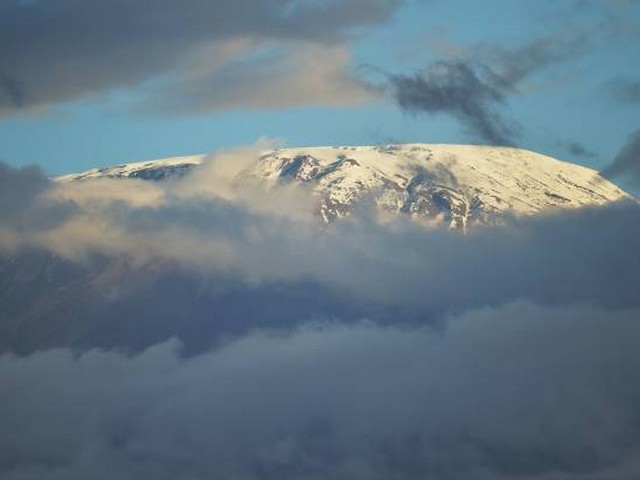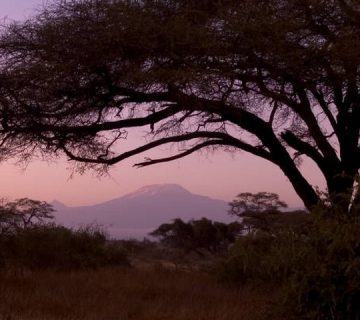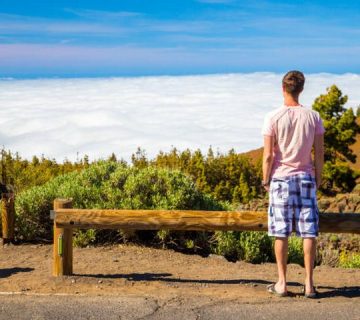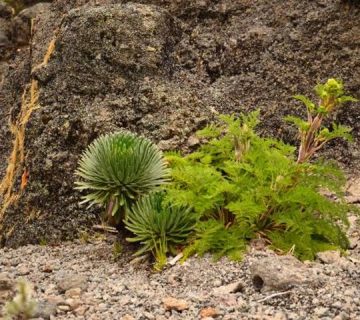How To Respect The Environment During Kilimanjaro Trekking
As you prepare to embark on the grand adventure of trekking Mount Kilimanjaro, it is vital to recognize not only the physical challenge but also the profound responsibility you hold as a visitor to this majestic landscape. At the Kilimanjaro Centre for Trekking and Ecotourism (KCTE), we are committed to ensuring that each step you take on this mighty mountain contributes to preserving its splendor for generations to come. Embracing responsible ecotourism practices is not just recommended; it is essential. This guide will walk you through how to respect the environment during your Kilimanjaro trek, ensuring that your adventure is as enriching for the mountain as it will be for you.
The Significance of Eco-Friendly Trekking
Mount Kilimanjaro is not only Africa’s highest peak but also a symbol of natural beauty and ecological diversity. Protecting this unique environment is crucial, as it faces threats from climate change and human impact. Eco-friendly trekking is more than a choice; it’s a commitment to sustainability and conservation that enhances your experience, ensuring that the mountain remains a source of wonder and inspiration.
Understand the Fragile Ecology
Before you even set foot on Kilimanjaro, it’s important to understand the delicate nature of its ecosystems. From the rainforest at its base to the alpine desert near its summit, Kilimanjaro hosts a range of biodiversity that is rare and precious. Each zone has its own species of flora and fauna, some of which are endemic to the mountain. Knowledge of these environments and their vulnerabilities will deepen your appreciation and spur a more conscientious approach to hiking.
Practices to Protect Kilimanjaro
Leave No Trace
One of the fundamental principles of eco-friendly trekking is the ‘Leave No Trace’ ethic. This set of guidelines is essential for minimizing your environmental impact and includes:
- Plan Ahead and Prepare: Understand the regulations and special concerns of the area you’ll visit.
- Travel and Camp on Durable Surfaces: Stick to marked trails and established campsites.
- Dispose of Waste Properly: Pack out all trash, leftover food, and litter. Use toilet facilities where available.
- Leave What You Find: Avoid picking plants or moving rocks.
- Minimize Campfire Impacts: Use a lightweight stove for cooking and enjoy natural warmth from clothing layers instead of building fires.
- Respect Wildlife: Observe wildlife from a distance and do not feed them.
- Be Considerate of Other Visitors: Respect fellow climbers and support a positive experience for everyone.
Sustainable Waste Management
Carrying out everything you bring in is a golden rule on Kilimanjaro. All non-biodegradable waste should leave the mountain with you, to be disposed of properly or recycled. Organic waste can also affect the natural habitat; thus, even biodegradable items like fruit peels should be packed out, as they take much longer to decompose at higher altitudes.
Water Conservation
Water resources on Kilimanjaro are limited. To minimize your impact:
- Use water sparingly.
- Avoid washing directly in streams or rivers. Instead, use a wash basin and dispose of the water away from fresh water sources.
- Bring water treatment methods (like purifying tablets) to reduce reliance on bottled water, thus minimizing plastic waste.
Energy Efficiency
Using solar chargers or energy-efficient devices reduces reliance on non-renewable power sources. This not only lessens your environmental footprint but also lightens the load for porters who are an integral part of the Kilimanjaro trekking experience.
Engage with Local Culture Respectfully
Understanding and respecting the local Chagga culture enhances your experience and supports ethical tourism. Engage with local guides and porters, learn about local customs, and invest in local businesses. This cultural exchange enriches your journey and helps sustain the local communities economically.
The Role of Tour Operators
Choose a responsible tour operator like Kilimanjaro Centre for Trekking and Ecotourism (KCTE) that adheres to eco-friendly practices. We ensure that:
- Our operations comply with local environmental policies.
- We support conservation initiatives.
- We provide proper training for our staff on eco-friendly and ethical practices.
Call to Action: Trek with a Conscience
Join us at KCTE for your Kilimanjaro adventure, where we don’t just climb; we care. We are committed to providing you with an unforgettable journey that also preserves the beauty and integrity of this magnificent mountain. Book your climb with Kilimanjaro Centre for Trekking and Ecotourism and be a part of a sustainable trekking movement that values both the natural world and the communities that call it home.
FAQ: Eco-Friendly Trekking on Kilimanjaro
What should I do with my trash on the mountain?
Carry all trash, including organic waste, down the mountain to dispose of it properly or recycle it.
Is it okay to give food to local wildlife?
Feeding wildlife disrupts their natural diet and can lead to health problems for them, so it’s important to observe animals from a distance and not feed them.
How can I minimize water usage on the trek?
Use water sparingly, treat water from streams for personal use, and avoid bathing or washing dishes directly in natural water sources.
Respecting the environment during your trek on Kilimanjaro allows you not only to enjoy its beauty but also to participate in its preservation. It’s a profound way to connect with nature and leave a positive footprint behind. Book your trip with KCTE today and step into a world of responsible adventure that’s as enriching as it is exhilarating.




